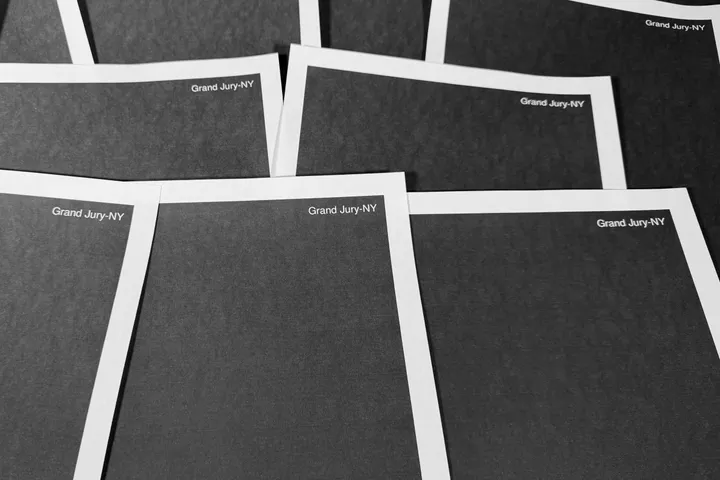Former British prisoner in the UAE, David Haigh, says the UK should issue a formal warning against visiting the UAE after a British woman was arrested at Dubai Airport over an offensive Facebook post.
Haigh, told TRT World: “Dubai is not a safe destination.” And said it wouldn’t be until the emirate reforms its justice system.
He was speaking after British media reported the arrest of Laleh Shahravesh, who landed in Dubai on her way to a former colleague’s funeral in March.
Authorities accused Shahravesh of calling her ex-husband an ‘idiot’ and her current lover a ‘horse’ in posts made on Facebook in 2016. The allegation could result in two years behinds bars if it leads to a conviction.
“I would urge the UK Foreign Office to amend its travel warnings to reflect the very real danger of visiting Dubai as a tourist,” Haigh said.
Haigh was jailed for nearly two years in the UAE initially without charge and later after falling foul of the country’s cybercrime laws; charges he labelled as ‘trumped up’.
He accused the country of routinely subjecting prisoners to mental and physical abuse, as well as denying prisoners legal and diplomatic representation.
Since his release, Haigh, a lawyer by profession, has established an NGO, Detained International, which advocates for those held in the Gulf state.
He described the frequency of arbitrary arrests in the UAE ‘alarming’.
Arbitrary arrests
Shahravesh’s arrest in March is the latest addition to a growing list of Western expatriates and tourists detained over seemingly minor transgressions.
In 2015, American Ryan Pate was imprisoned after he posted details of a dispute with his employer on Facebook.
In November last year, a court sentenced British academic Matthew Hedges to life in prison over allegations of spying.
Hedges was later pardoned after pressure from the British government, but accused officials of torture during his detention.
Lengthy sentences
Joe Odell of the UK-based International Campaign for Freedom in the UAE told TRT World that Shahravesh had fallen foul of Abu Dhabi’s strict cybercrime laws, which he said needed immediate reform.
“To imprison a woman on the basis of years-old Facebook comments made in the UK regarding a family spat, is, quite frankly, ludicrous - even by the UAE’s standards,” he said.
“Coming during the UAE’s self-proclaimed ‘Year of Tolerance’, this is yet another absurd incident that veers on the satirical,” he continued.
“Since the institution of the cybercrime law in 2012, scores of people in the UAE have been detained for little more than a social media post,” Odell added, before repeating Haigh’s call for the UK to issue a travel warning for the UAE.
The UAE’s cybercrime law defines offence as: “Every deliberate expression against any person or entity deemed by an ordinary person as insulting or afflicts the dignity or honour of that person or entity.”
Violation of the statutes can result in prison sentences of up to 25 years, and fines of up to 500,000 dirhams ($136,000), as well as deportation for foreign citizens.
The laws have also been used to crackdown on dissidents inside the country.
Activist Ahmed Mansour has been in jail since 2017 for posting tweets in support of another activist, Osama al Najjar.
Human rights groups say Mansour has been held in solitary confinement and denied access to his family, as well as legal representation.
Human Rights Watch calls the laws ‘repressive’ and has urged immediate amendments.
























